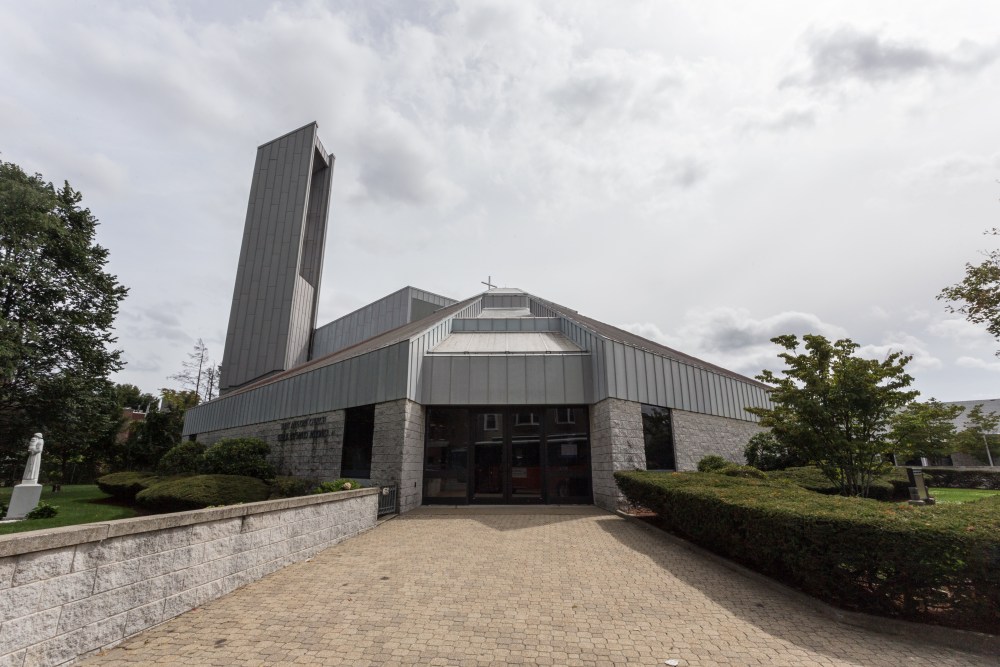
Touring the streets in the east side of the city of Cambridge, Massachusetts, in the USA, takes you on a journey back through the history of the Portuguese who made their homes here over several decades of hard work, dedication and, no doubt, lots of homesickness for their distant homeland.
In this Little Portugal, where it is easy to forget that you are in the same Cambridge as Harvard and MIT, paying close attention reveals the marks left behind by several generations of Portuguese immi-grants, most of them from the Azores.
All along Cambridge Street are squares named after war veterans of Portuguese origin, small stores where you can still find dried salt cod, and social clubs where members munch on Portuguese snacks while watching the latest football match.
Among the vinyl-fronted houses, Portuguese-owned homes stand out clearly with facades proudly featuring inhabitants’ choice of patron saint, their flourishing, well-tended gardens, the vines that offer scent and shade in backyards, and the old flags faded by the sun.
The Church of St Anthony remains a social meeting point that is today shared with members of the Brazilian community who, out of linguistic convenience, has also moved into the neighbourhood.
There are Portuguese restaurants where an espresso is still just called um café and, especially in the summer months, religious and cultural festivals continue to turn this part of the city green and red – the colours of the Portuguese flag.
But you cannot help but notice that the community is increasingly scattered, both geographically and culturally, as a result of the property market inflation that has pushed residents out into the suburbs, the inevitable acculturation that sees everything Americanised, even family surnames, and population ageing. Will another wave of migration be needed to renew the past and build the future, or will those who still live here manage to keep the local Portuguese culture alive?

The Church of Santo António in Cambridge is not to be missed, with its Modernist architecture and mon-ument to Portugal’s national poet, Luís de Camões. The parish, whose congregation is today made up mostly of Portuguese and Brazilians, remains active, with various events throughout the year.

Cambridge’s Portugal Day parade is the community’s single most significant cultural event. It forms part of the Boston Portuguese Festival, an annual event with activities for all tastes that this year was moved to Boston’s City Hall because of a visit by Portugal’s president, Marcelo Rebelo de Sousa.
Text and photos by Isidro Fagundes
English version by Kevin Rose
